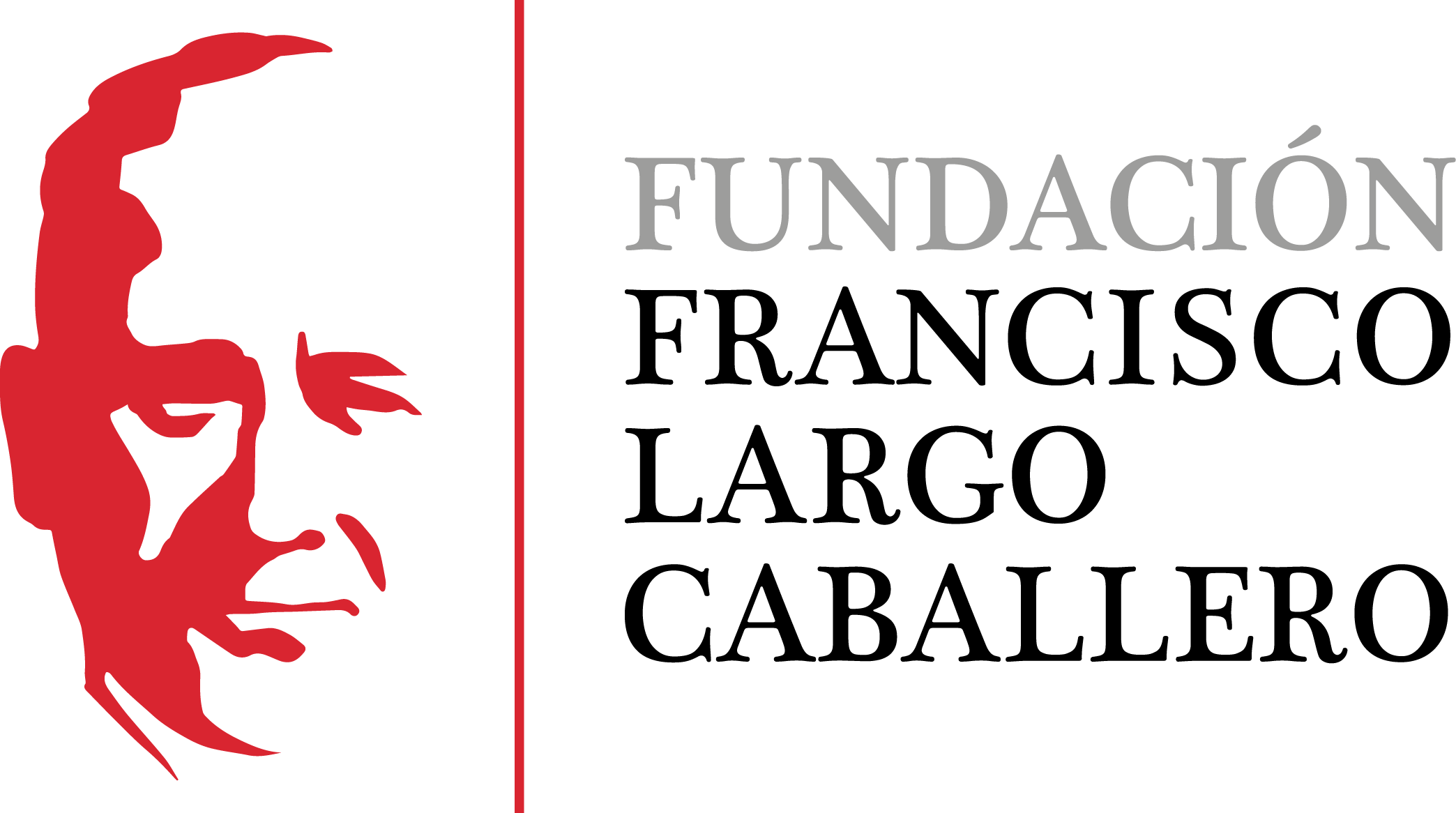The Historical European Revisionism
DOI:
https://doi.org/10.69791/rahc.232Keywords:
historical revisionism, negationism, fascismAbstract
The named historical revisionism has not as synonymous of «negacionism» with regard to the reality of the Jewis Holocaust during the Second World War, buto reazoned critique to the Marxist paradigm brings over of the character and meaning of the contemporary European age, centred on two related topics: The French Revolution and the fascism. Interpret the first one not only as origin of the capitalist society but as necessary precedent of socialist revolution of 1917. The second one defined as antithesis of socialism and in consequence, as archetype of burgues and capitalist counterrevolution. This interpretation very influential in the academic European and Nort America areas, entered crisis fron sisties and seventies, thanks to he labour of a series of historian among whom it is necessary to enphasize four names: Renzo de Felice, Georges L. Mosse, François Furet and Ernst Nolte. Their critiques were capable of revealing the scanty vality of the Marxist interpretation, not only to foresee the future or to cultivate political important project, but to the offer a wealth producing comprehension of the past.
Downloads
Global Statistics ℹ️
|
157
Views
|
47
Downloads
|
|
204
Total
|
|
Downloads
Published
How to Cite
Issue
Section
License
Copyright (c) 2009 Pedro Carlos González Cuevas

This work is licensed under a Creative Commons Attribution 4.0 International License.
Alcores is an open-access journal. It provides unrestricted access to its content from the moment of publication. We respect intellectual property rights, and for this reason, the author retains the copyright. All content is distributed under a Creative Commons Attribution 4.0 International (CC BY 4.0) license. The terms of the license can be consulted at: https://creativecommons.org/licenses/by/4.0/
This license allows sharing (copying and redistributing the material in any medium or format) and adapting (remixing, transforming, and building upon the material for any purpose), provided that authorship and first publication in this journal are properly credited, a link to the license is included, and any changes made are indicated.
This type of license facilitates the freedom of reuse and ensures that the content of this journal can be used to meet research needs.









